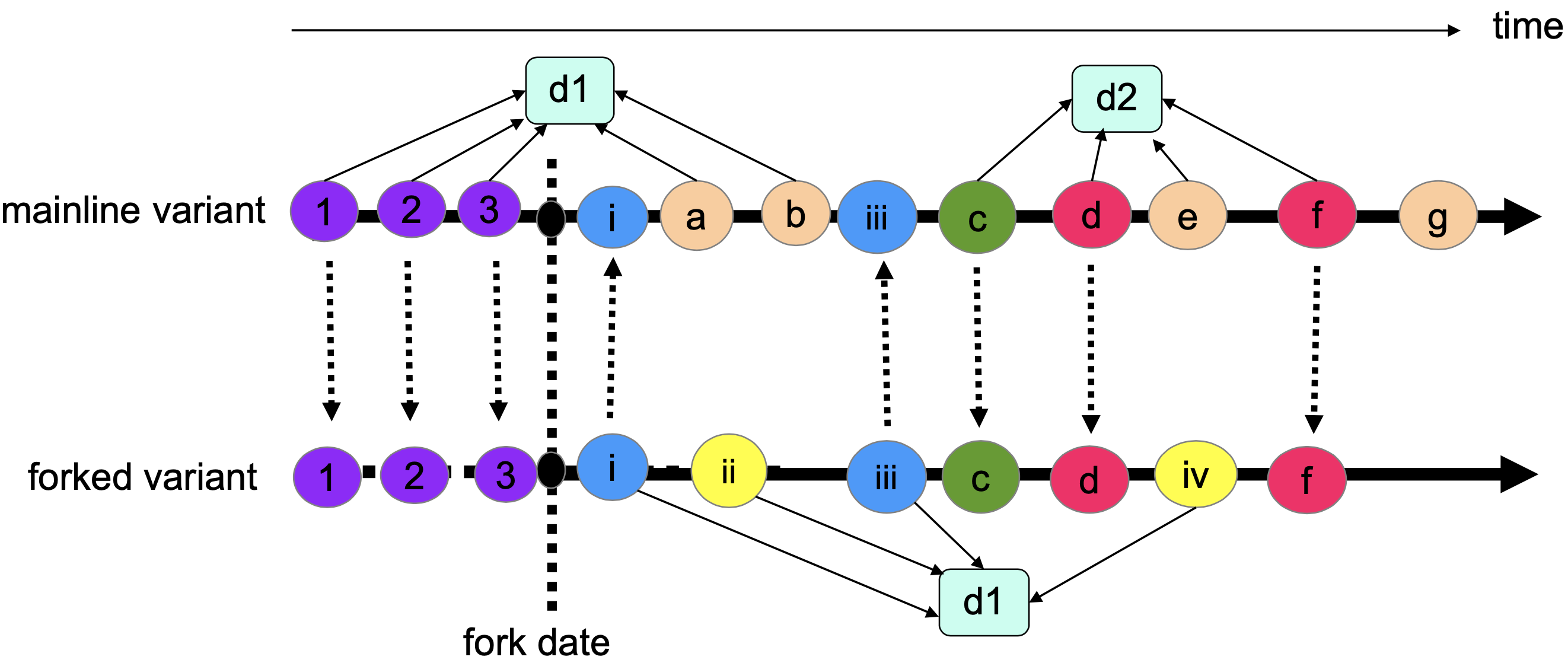|
With the rise of social coding platforms that rely on distributed version control systems, software reuse
is also on the rise. Many software developers leverage this reuse by creating variants through forking,
to account for different customer needs, markets, or environments. Forked variants then form a so-called
software family; they share a common code base and are maintained in parallel by same or different
developers. As such, software families can easily arise within software ecosystems, which are large
collections of interdependent software components maintained by communities of collaborating contributors.
However, little is known about the existence and characteristics of such families within ecosystems,
especially about their maintenance practices. Improving our empirical understanding of such families
will help build better tools for maintaining and evolving such families. We empirically explore
maintenance practices in such fork-based software families within ecosystems of open-source software.
Our focus is on three of the largest software ecosystems existence today: Android, .NET, and JavaScript.
We identify and analyze software families that are maintained together and that exist both on the official
distribution platform (Google play, nuget, and npm) as well as on GitHub , allowing us to analyze reuse
practices in depth. We mine and identify 38 software families, 526 software families, and 8,837 software
families from the ecosystems of Android, .NET, and JavaScript, to study their characteristics and
code-propagation practices. We provide scripts for analyzing code integration within our families.
Interestingly, our results show that there is little code integration across the studied software
families from the three ecosystems. Our studied families also show that techniques of direct integration
using git outside of GitHub is more commonly used than GitHub pull requests. Overall, we hope to raise
awareness about the existence of software families within larger ecosystems of software, calling for
further research and better tools support to effectively maintain and evolve them.
|
 |